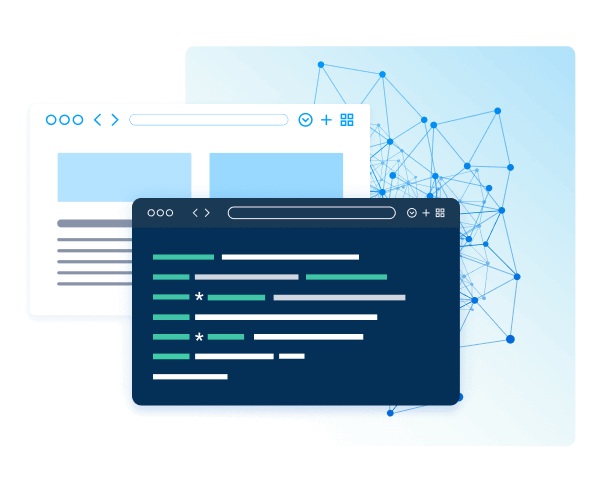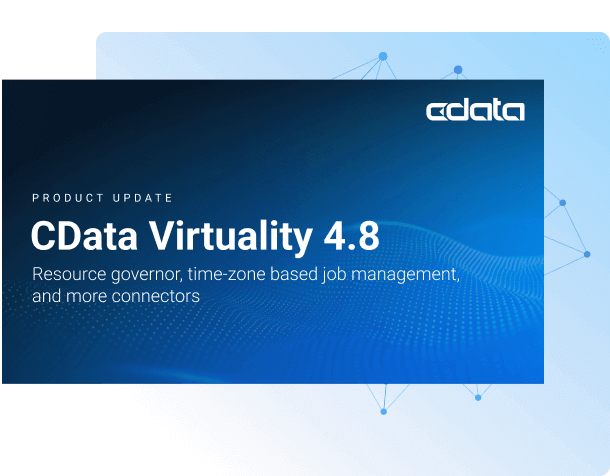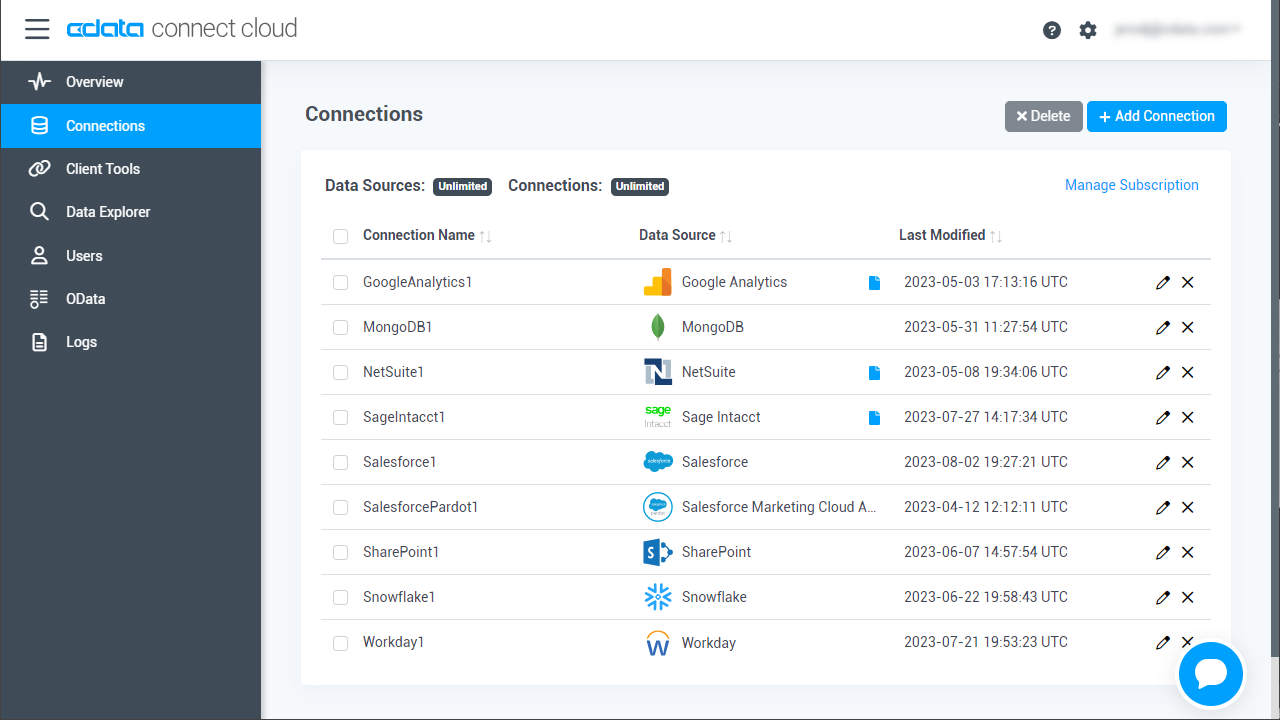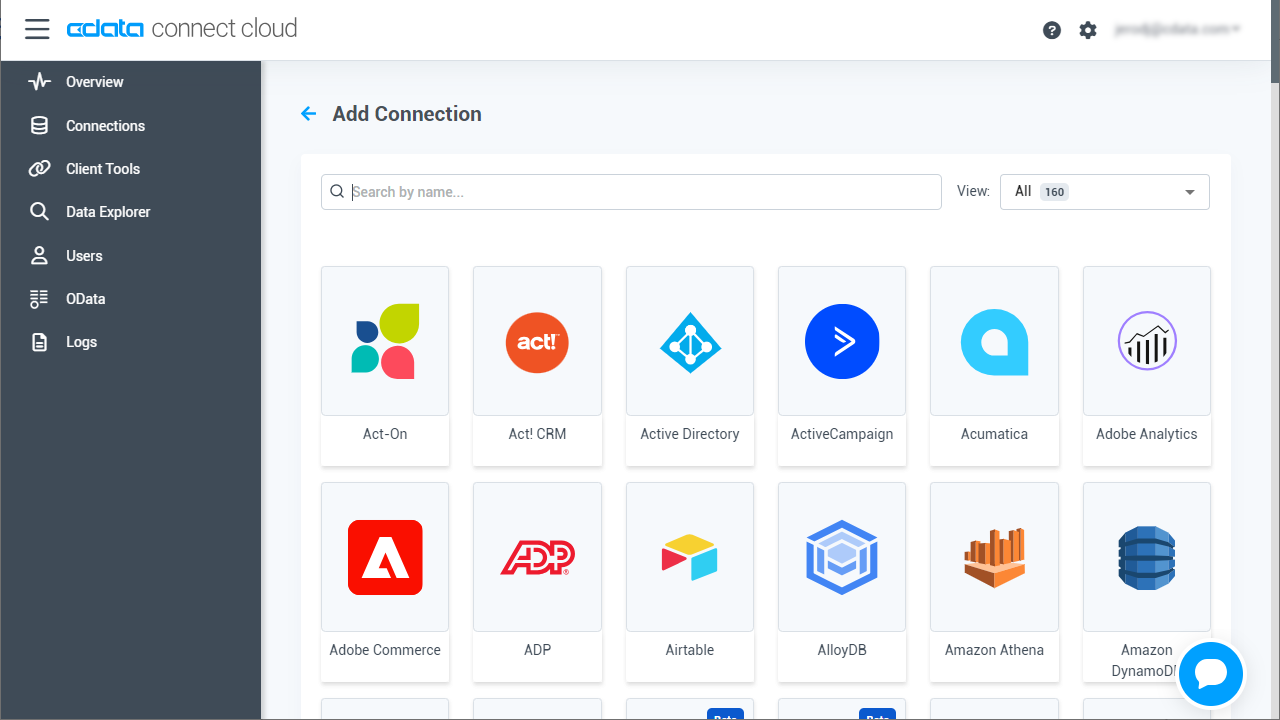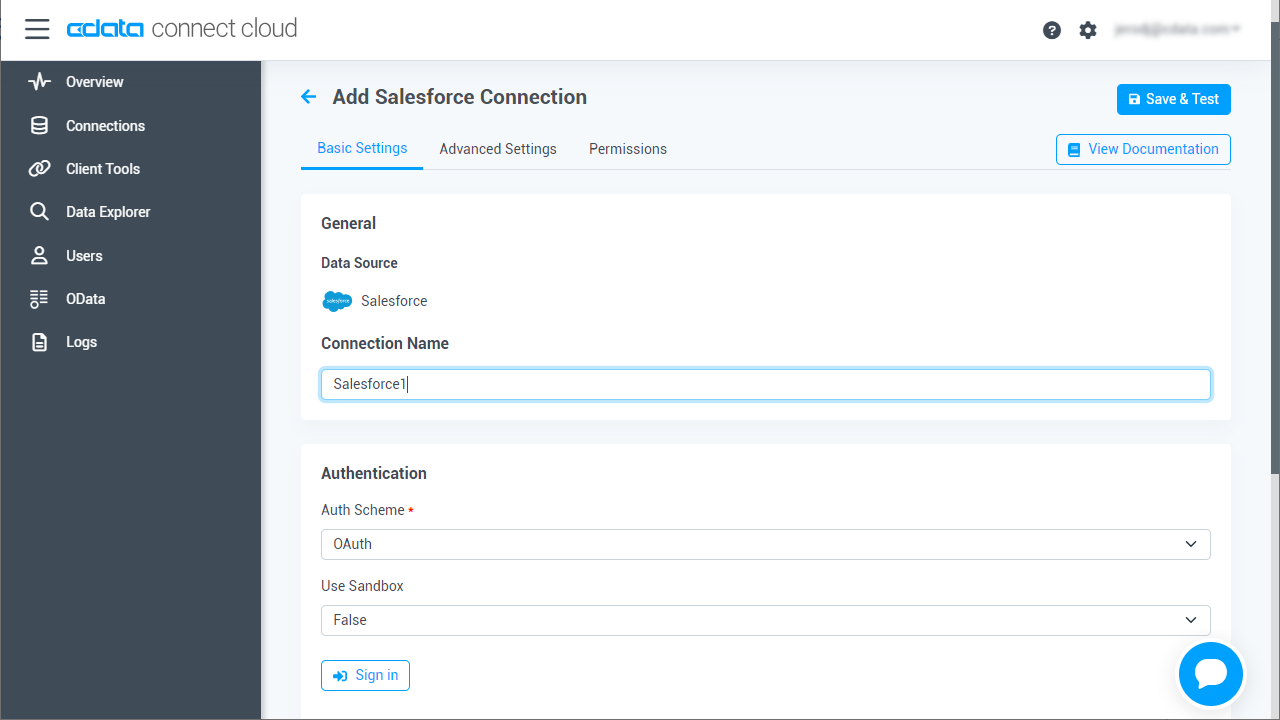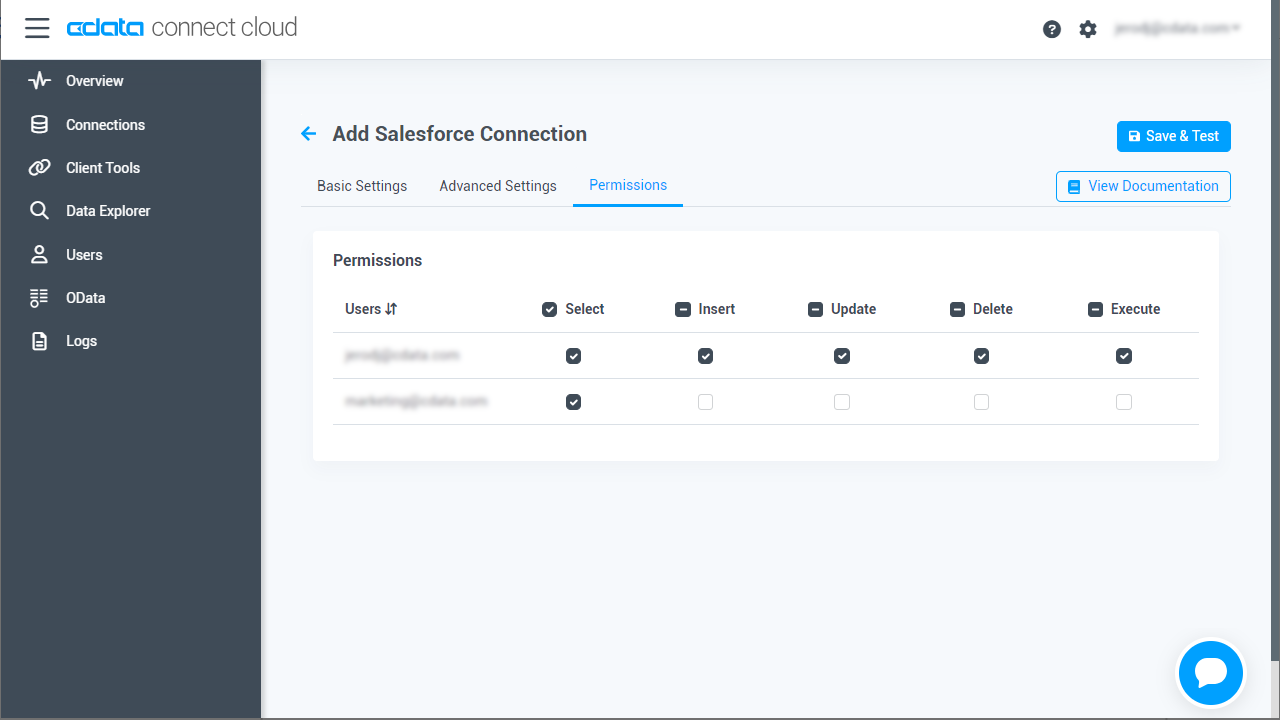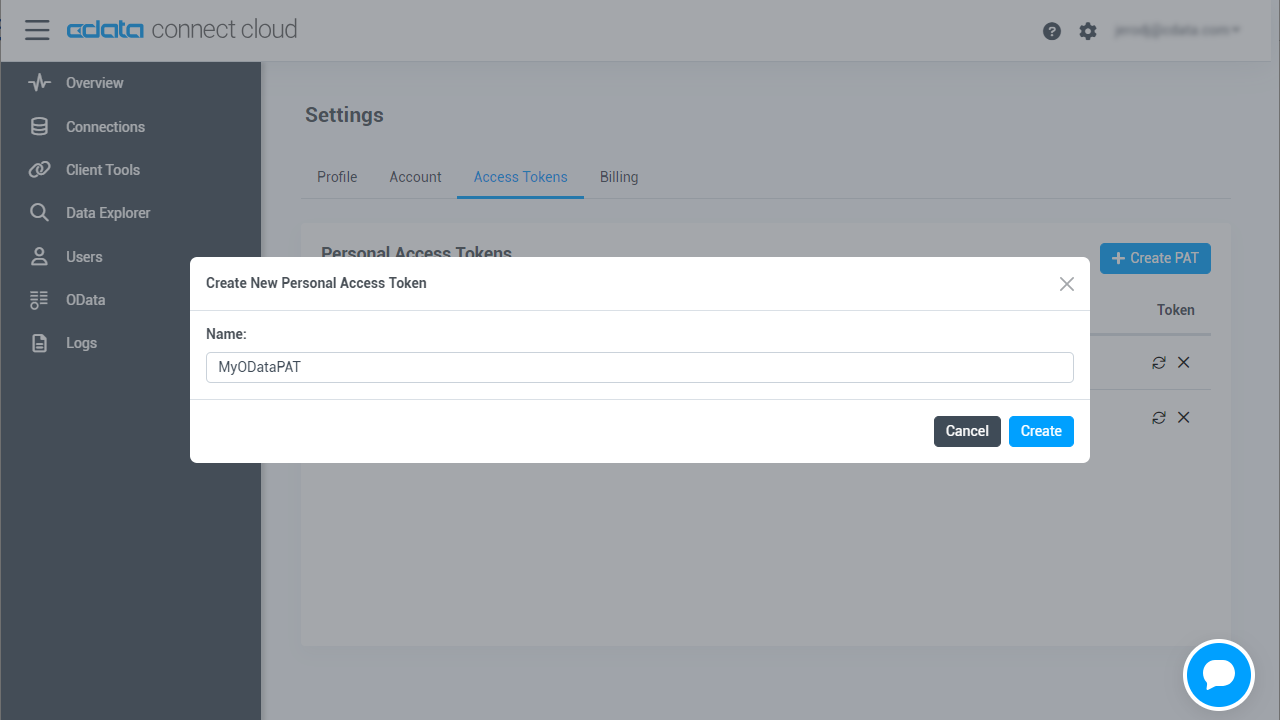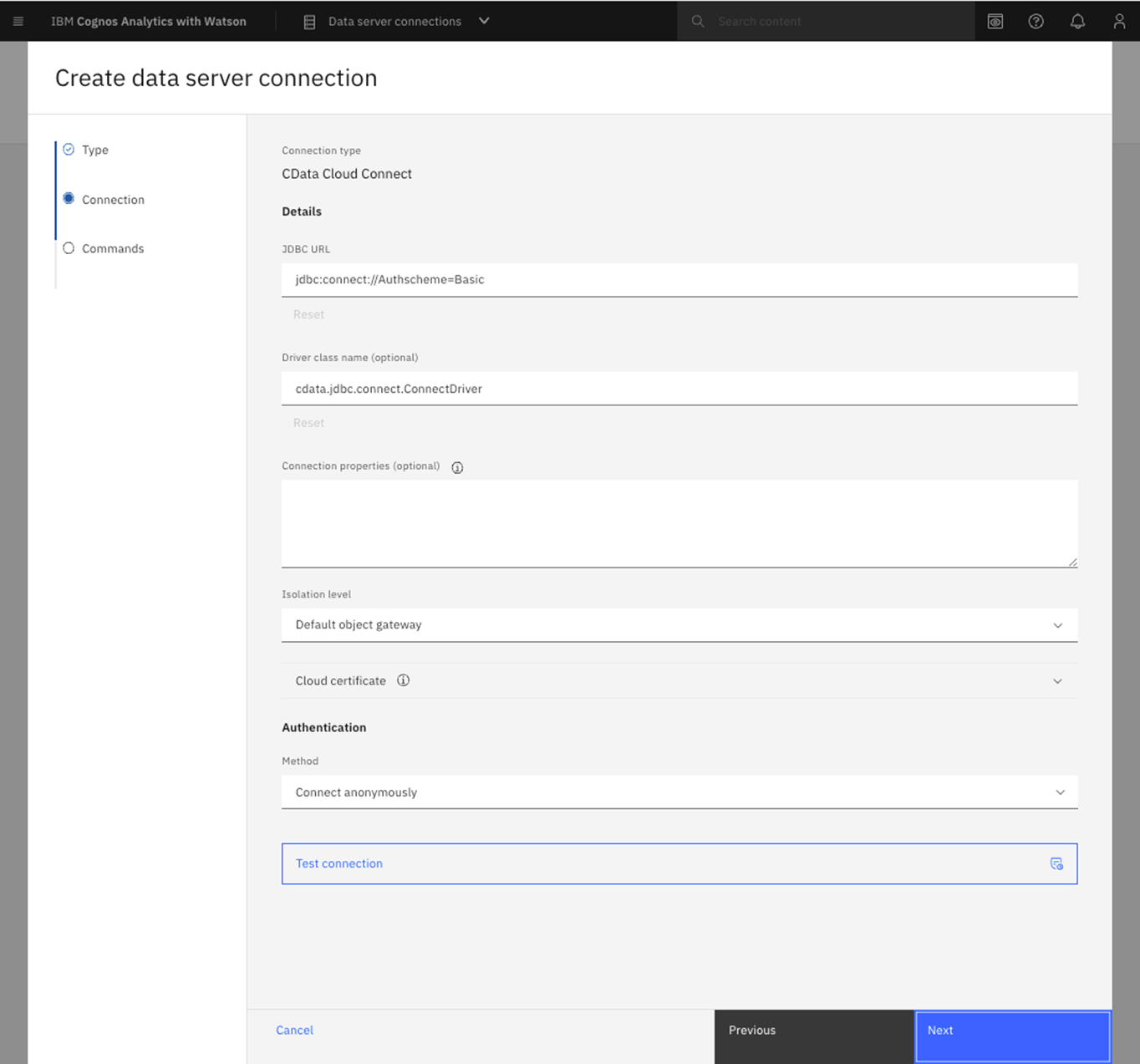Discover how a bimodal integration strategy can address the major data management challenges facing your organization today.
Get the Report →Analyze Odoo Data in Cognos Analytics
Use CData Connect Cloud to connect to Odoo Data from Cognos Analytics and analyze live Odoo data.
Cognos Analytics, powered by IBM Watson®, empowers users to cleanse and establish connections with their data while creating visualizations. When integrated with CData Connect Cloud, users gain immediate, real-time connectivity between cloud-based data sources and Cognos Analytics, facilitating data management, visualization, analytics, and more. This article provides step-by-step guidance on connecting to Odoo via CData Connect Cloud and subsequently analyzing Odoo data within Cognos Analytics.
NOTE: These instructions require Cognos Analytics 11.2.4 or higher
CData Connect Cloud offers a dedicated cloud-to-cloud interface for Odoo, enabling users to perform real-time analysis on Odoo data within Cognos without the need to replicate data to a natively supported database. Equipped with built-in optimized data processing capabilities, CData Connect Cloud efficiently directs all supported SQL operations, including filters and JOINs, directly to Odoo. This harnesses server-side processing to promptly provide the requested Odoo data.
About Odoo Data Integration
Accessing and integrating live data from Odoo has never been easier with CData. Customers rely on CData connectivity to:
- Access live data from both Odoo API 8.0+ and Odoo.sh Cloud ERP.
-
Extend the native Odoo features with intelligent handling of many-to-one, one-to-many, and many-to-many data properties. CData's connectivity solutions also intelligently handle complex data properties within Odoo. In addition to columns with simple values like text and dates, there are also columns that contain multiple values on each row. The driver decodes these kinds of values differently, depending upon the type of column the value comes from:
- Many-to-one columns are references to a single row within another model. Within CData solutions, many-to-one columns are represented as integers, whose value is the ID to which they refer in the other model.
- Many-to-many columns are references to many rows within another model. Within CData solutions, many-to-many columns are represented as text containing a comma-separated list of integers. Each value in that list is the ID of a row that is being referenced.
- One-to-many columns are references to many rows within another model - they are similar to many-to-many columns (comma-separated lists of integers), except that each row in the referenced model must belong to only one in the main model.
- Use SQL stored procedures to call server-side RFCs within Odoo.
Users frequently integrate Odoo with analytics tools such as Power BI and Qlik Sense, and leverage our tools to replicate Odoo data to databases or data warehouses.
Getting Started
Configure Odoo Connectivity for Cognos Analytics
Connectivity to Odoo from Cognos Analytics is made possible through CData Connect Cloud. To work with Odoo data from Cognos Analytics, we start by creating and configuring a Odoo connection.
- Log into Connect Cloud, click Connections and click Add Connection
![Adding a Connection]()
- Select "Odoo" from the Add Connection panel
![Selecting a data source]()
-
Enter the necessary authentication properties to connect to Odoo.
To connect, set the Url to a valid Odoo site, User and Password to the connection details of the user you are connecting with, and Database to the Odoo database.
![Configuring a connection (Salesforce is shown)]()
- Click Create & Test
- Navigate to the Permissions tab in the Add Odoo Connection page and update the User-based permissions.
![Updating permissions]()
Add a Personal Access Token
If you are connecting from a service, application, platform, or framework that does not support OAuth authentication, you can create a Personal Access Token (PAT) to use for authentication. Best practices would dictate that you create a separate PAT for each service, to maintain granularity of access.
- Click on your username at the top right of the Connect Cloud app and click User Profile.
- On the User Profile page, scroll down to the Personal Access Tokens section and click Create PAT.
- Give your PAT a name and click Create.
![Creating a new PAT]()
- The personal access token is only visible at creation, so be sure to copy it and store it securely for future use.
With the connection configured, you are ready to connect to Odoo data from Cognos Analytics.
Connect to Odoo from Cognos Analytics
The steps below outline connecting to CData Connect Cloud from Cognos Analytics to analyze live Odoo data.
Download the CData Connect Cloud JDBC Driver
- Download and install the CData Connect Cloud JDBC Driver: https://www.cdata.com/cloud/clients/download.aspx#jdbc.
- Copy the JAR file (cdata.jdbc.connect.jar) from the installation directory (e.g., C:\Program Files\CData\JDBC Driver for CData Connect\lib) to the "drivers" folder in your Cognos Analytics installation directory.
Configure the Connection to CData Connect Cloud
- Open IBM Cognos and navigate to Manage > Data server connections.
- Click the icon to add a data server.
- Select CData Connect Cloud.
- Set JDBC URL to the appropriate connection string. For example:
jdbc:connect://AuthScheme=Basic; - Set Driver class name to "cdata.jdbc.connect.ConnectDriver"
- Create and store authenticate credentials by selecting an authentication method
- Set Username to your CData Connect Cloud username (e.g., [email protected])
- Set Password to the PAT you previously generated.
- Click Test connection to confirm that the connection succeeds.
![Connecting to CData Connect Cloud from Cognos Analytics]()
At this point, you are ready to analyze and visualize Odoo data in Cognos Analytics. For more information about using Cognos Analytics, please refer to the Cognos Analytics documentation.
Live Access to Odoo Data for Analytics
Now you have a direct, cloud-to-cloud connection to live Odoo data from Cognos Analytics. You can create new visualizations, build reports, and more — without replicating Odoo data.
Try CData Connect Cloud and get real-time data access to 100+ SaaS, Big Data, and NoSQL sources directly from your cloud applications.

